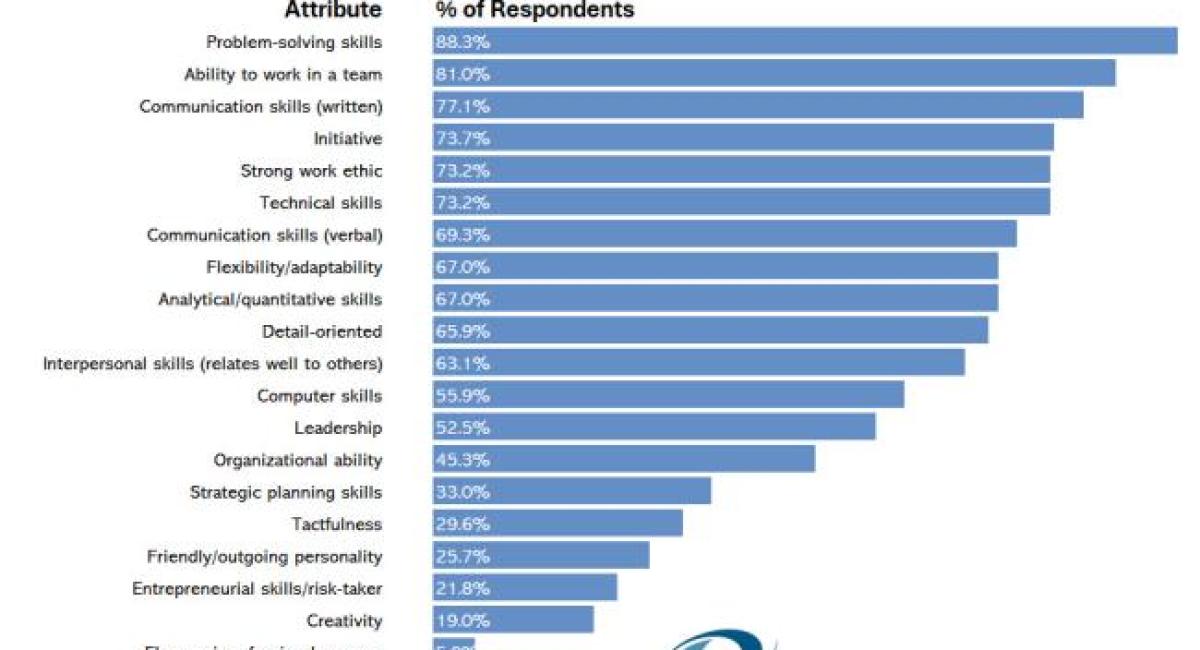This post was written by guest blogger Pat Sokolove, PhD, Deputy Director, OITE; AAAS Policy Fellow, 2003 – 2005; Health, Education, & Human Services Selection Panel Member, 2006; Chair, 2008 – 2009.
The online application system for AAAS Science & Technology Policy Fellowships is now open; the deadline is 5:00 pm (EST), December 5, 2013. The AAAS materials are exceptionally clear, but potential applicants always have questions. Here are some of the questions I hear most often.




